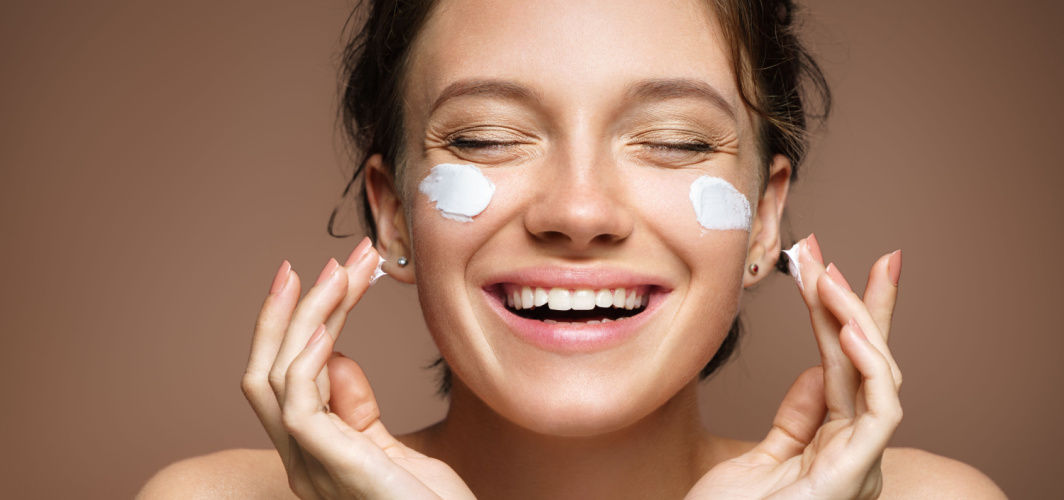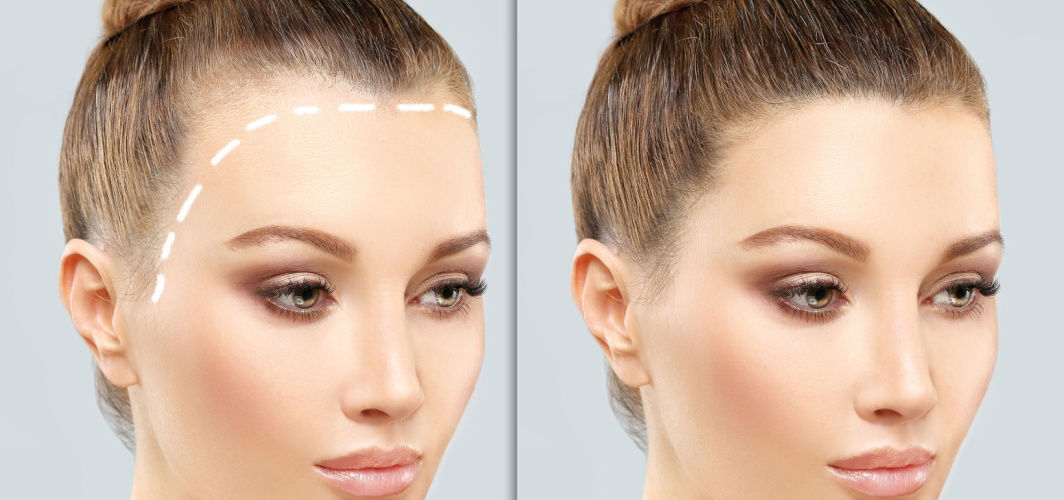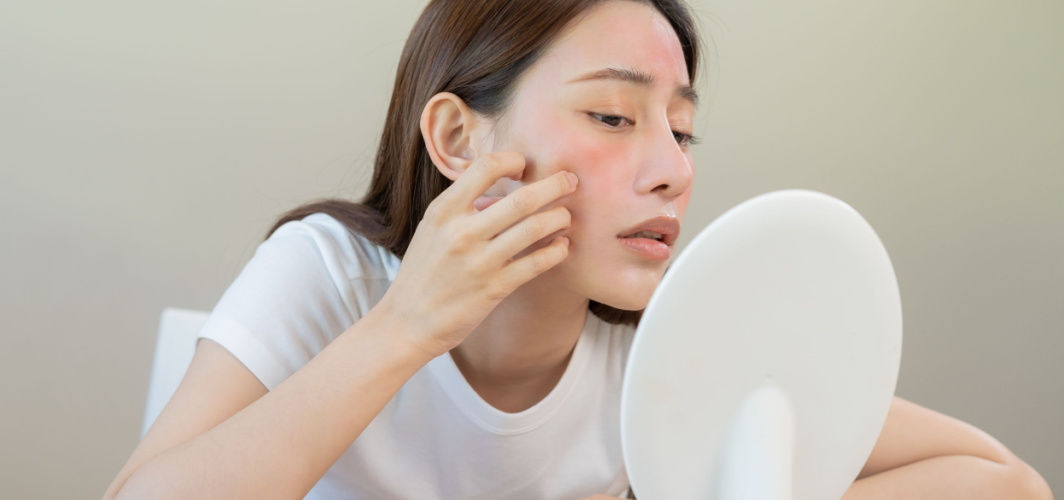Skin Care
6-Step Face Care Routine To Avoid Skin Problems
4 min read
By Apollo 24|7, Published on - 16 March 2023, Updated on - 21 June 2023
Share this article
0
13 likes

Clear and healthy skin is not just an outcome of your genes but also your daily skincare routine. But how to know which products to use to ensure optimal skin health? From product reviews to advertisements, there is no shortage of skincare regimens and treatments in the market. However, when it comes to your facial skin, there is no generalisation. Face care needs can greatly vary from person to person. This means what works best for you may not work as well for someone else. First, it’s vital to understand your skin needs and then create a face care routine accordingly. Read on to learn more about how to go about it.
Components Of A Face Care Routine
Every face care routine should have three basic steps or components. These include:
- Cleansing: It refers to eliminating all impurities from your face.
- Treating: This step involves keeping your complexion and skin health in good shape using creams and serums.
- Moisturising: This means making sure that your skin stays hydrated throughout the day.
Building A Face Care Routine
Here is a list of steps to incorporate into your face care routine and the best way to choose the right products for your skin.
1. Cleanser
Cleansing should be the first step of every face care routine as it helps get rid of excess oil and all impurities that can clog your pores and dull your skin. However, be gentle as cleansing too often or too much, especially with a harsh cleanser, can break down the protective barrier of your skin. If you have sensitive or dry skin, then cleanse only at night and simply rinse your face with water every morning. The best formulae will cleanse your skin gently without stripping off healthy oil. Choose a sulphate-free, mild cleanser with an optimal pH-balanced for your face.
2. Toner
They are water-based liquids that are applied to the skin once you’re done cleansing. A good toner helps in cleaning and closing open pores. Using a toner can prove to be quite helpful in refreshing your skin, balancing the pH, and eliminating any residual debris.
3. Serum
Formulated to deliver concentrated amounts of beneficial ingredients, serums can help address a number of skin issues like wrinkles, dark spots, and uneven complexion. Those facing multiple concerns can choose to use several different serums. One of the best serums that can benefit almost everyone is an antioxidant serum, which protects your skin against the damage caused by free radicals and reduces the signs of ageing. When it comes to antioxidant serums, vitamin C serums are definitely the best choice you can make.
4. Eye Cream
Eye creams are formulated for the delicate eye area that ages much more quickly than the rest of your face. If you are witnessing wrinkles, dark circles, fine lines, loose skin, or undereye bags, then adding an eye cream to your face care routine is a great idea. You can choose one with vitamin C or niacinamide to treat dark circles. Eye creams with caffeine can be helpful for those experiencing puffiness. Formulas with retinol and peptide are great for sagging skin and wrinkles, while hyaluronic acid helps with hydration and vitamin K reduces dark circles.
5. Moisturiser
Face moisturiser is the next step to keep your skin hydrated and soft while strengthening its natural protective barrier. Moisturisers are highly recommended for people with all skin types throughout the year as hydration is essential for your overall skin health. It’s advisable to opt for moisturisers containing ingredients like hyaluronic acid and ceramides as they play a key role in retaining the moisture in your skin. Those with acne-prone skin should use non-comedogenic, gel-based moisturizers.
6. Sunscreen
Sun exposure is the primary reason behind the premature ageing of the skin. Using a broad-spectrum SPF 30 or higher sunscreen is the last and the most important step of a healthy face care routine. Make sure to apply the sunscreen to your entire face as well as your neck and the back of your hands.
You can try experimenting with various products to find one that suits you best. However, don’t forget to do a patch test before using any new product on your face.
If you are unable to find the best products for your skin type, then you can also consult with a dermatologist.
Consult Apollo's Expert Dermatologists
Medically reviewed by Dr Sonia Bhatt.
Skin Care
Leave Comment
Recommended for you

Skin Care
All You Need To Know About Hair Transplant Surgery
Hair transplantation is one of the more common ways of acquiring quality hair. It is a surgical procedure performed by dermatologists and surgeons who take grafts or small pieces of skin from areas of the body with healthy hair to fill in the bald areas.

Skin Care
Almond Oil To Coconut Oil, 5 Herbal Hair Oils That Are A Must-Have In Your Hair Care Kit
Herbal hair oils like amla oil, Bhringraj oil, coconut oil, almond oil and jojoba oil are rich in vitamins and minerals that can help improve the health of your scalp and hair.

Skin Care
Rosacea Acne: Definition, Causes, Triggers, Symptoms, Treatments & Prevention
Discover rosacea acne, a chronic skin condition, along with its causes, triggers, symptoms, treatments, and prevention strategies.
Subscribe
Sign up for our free Health Library Daily Newsletter
Get doctor-approved health tips, news, and more.
Recommended for you

Skin Care
All You Need To Know About Hair Transplant Surgery
Hair transplantation is one of the more common ways of acquiring quality hair. It is a surgical procedure performed by dermatologists and surgeons who take grafts or small pieces of skin from areas of the body with healthy hair to fill in the bald areas.

Skin Care
Almond Oil To Coconut Oil, 5 Herbal Hair Oils That Are A Must-Have In Your Hair Care Kit
Herbal hair oils like amla oil, Bhringraj oil, coconut oil, almond oil and jojoba oil are rich in vitamins and minerals that can help improve the health of your scalp and hair.

Skin Care
Rosacea Acne: Definition, Causes, Triggers, Symptoms, Treatments & Prevention
Discover rosacea acne, a chronic skin condition, along with its causes, triggers, symptoms, treatments, and prevention strategies.
